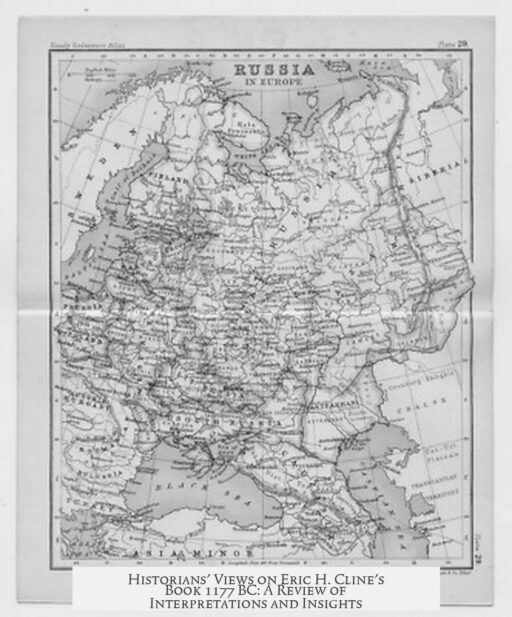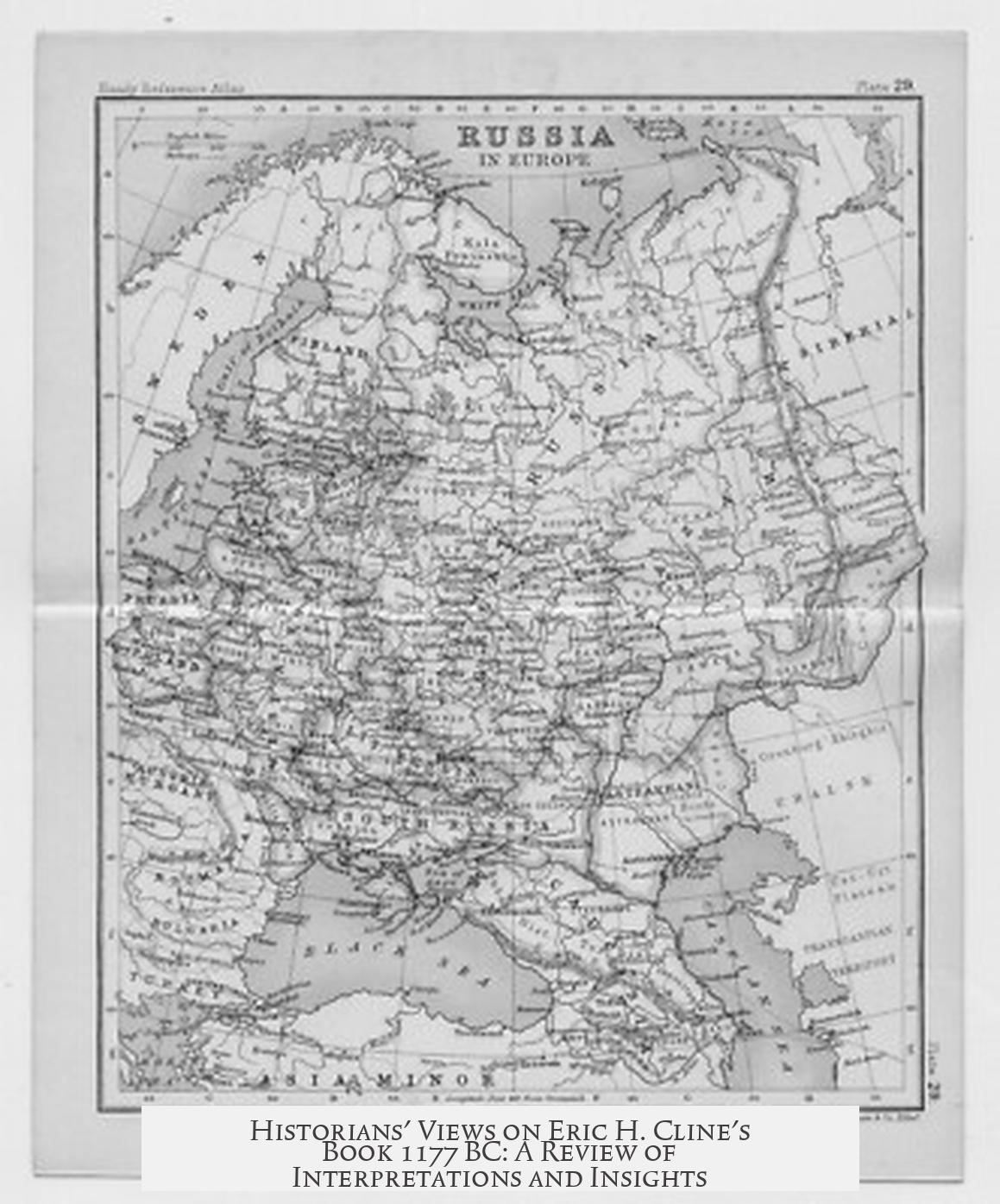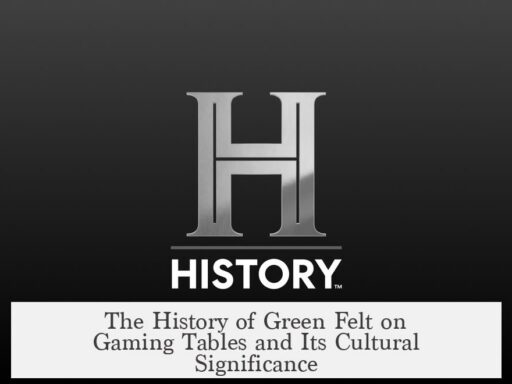Historians generally regard Eric H. Cline’s book 1177 BC: The Year Civilization Collapsed as a balanced and accessible account of the Late Bronze Age collapse but recognize both its strengths and limitations. Cline offers a comprehensive overview of the complex factors behind the widespread disruptions around 1200 BC. He rejects simplistic, single-cause explanations, embracing a multi-causal approach involving climate change, invasions, migrations, and economic troubles.
One of Cline’s key contributions is synthesizing recent archaeological and textual evidence to explain how interconnected societies across the Eastern Mediterranean and Near East simultaneously faced crises. He highlights the interactions among powerful states such as Egypt, the Hittites, and Mycenaean Greece, placing the upheaval in a wide regional context.
However, some historians critique Cline for emphasizing the role of the “Sea Peoples” too strongly. This focus somewhat echoes older scholarship and public imagination, which view these enigmatic groups as a central destructive force. Modern research suggests their impact was more nuanced or limited. Hence, Cline’s treatment occasionally appears to maintain outdated notions despite broader modern understanding.
Prominent scholars like Marc van de Mieroop offer additional perspective, cautioning that the term “collapse” reflects a bias toward the decline of elite, centralized administrations, which produced most contemporary writings. While palace economies and royal cities declined, many smaller communities continued and even innovated, developing alphabetic scripts and improving iron technologies.
The archaeological record indicates selective destruction. Several cities labeled as “destroyed,” such as Hattusa, suffered targeted damage mainly to administrative centers, many of which had been abandoned before major attacks. This suggests a partial rather than total societal breakdown.
- Cline’s book provides a well-structured, accessible synthesis of the Late Bronze Age collapse.
- He adopts a multi-causal explanation, avoiding oversimplification.
- His emphasis on the Sea Peoples is criticized as somewhat outdated.
- Scholars highlight bias in describing the event strictly as a “collapse.”
- Evidence shows selective destruction and ongoing societal innovations.




